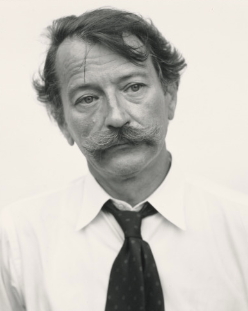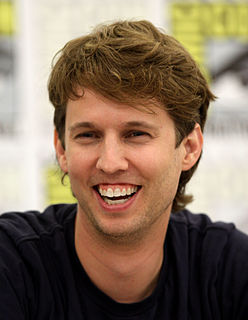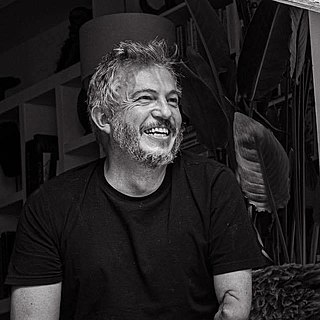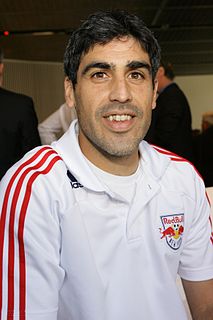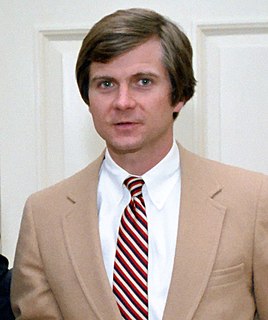A Quote by John Szarkowski
One of the leading uses of photography by the mass media came to be called photojournalism. From the late 'twenties' to the early 'fifties' what might have been the golden age of this speciality - photographers worked largely as the possessors of special and arcane skills, like the ancient priests who practiced and monopolized the skills of pictography or carving or manuscript illumination. In those halcyon days the photographer enjoyed a privileged status.
Quote Topics
Age
Ancient
Arcane
Been
Came
Carving
Days
Early
Enjoyed
Fifties
Golden
Golden Age
Halcyon Days
Illumination
Largely
Late
Leading
Like
Manuscript
Mass
Mass Media
Media
Might
Might Have Been
Photographer
Photographers
Photography
Photojournalism
Practiced
Priests
Privileged
Skills
Special
Status
Those
Twenties
Uses
Worked
Related Quotes
There is a section of our population in South Africa that you can't expect to get integrated in the economy of its own. These are people without skills and that will include young people who might very well have matric certificates, but don't have the skills to be absorbed in the economy. So we need to target people like those in a special way, in a focused way so that they have the skills and the capacity to participate in the economy. That requires special programmes.
Business requires an unbelievable level of resilience inside you, the chokehold on the growth of your business is always the leader, it's always your psychology and your skills - 80% psychology, 20% skills. If you don't have the marketing skills, if you don't have the financial-intelligence skills, if you don't have the recruiting skills, it's really hard for you to lead somebody else if you don't have fundamentally those skills. And so my life is about teaching those skills and helping people change the psychology so that they live out of what's possible, instead of out of their fear.
It's possible at any time during a player's career to get into top physical shape or to try to win every game! But you can't teach skills to an old player. Youth coaches should keep in mind that individual skills need to be nurtured at an early age. Players who haven't mastered the fundamental skills become frustrated because the game gets too difficult for them as they move into higher levels.
Concentration of ownership in the media is high and increasing. Furthermore, those who occupy managerial positions in the media, or gain status within them as commentators, belong to the same privileged elites, and might be expected to share the perceptions, aspirations and attitudes of their associates, reflecting their own class interests as well.
